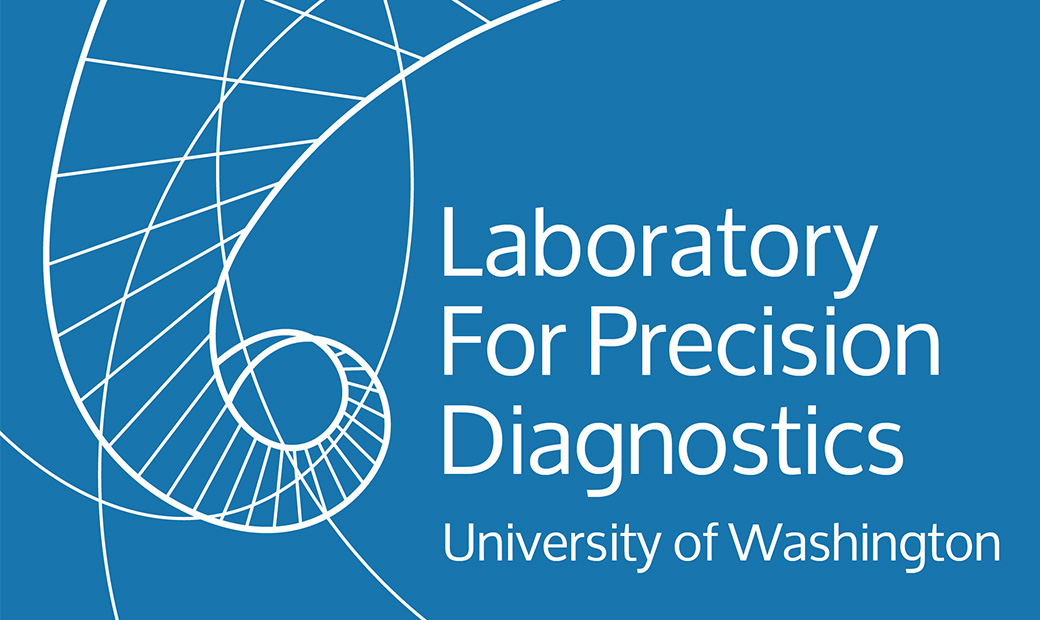Genes
COL4A3, COL4A4, COL4A5
Test Guide
The CDL offers a core testing panel sequencing 3 genes involved in Alport syndrome. Pathogenic variants in the COL4A3, COL4A4, and COL4A5 genes, which code for type IV collagen, cause Alport syndrome. This panel is recommended for those individuals with possible autosomal recessive, autosomal dominant or X-linked Alport syndrome. Genetic testing of COL4A5 as an individual gene is also offered for those families with clear X-linked inheritance pattern in their family.
Alport syndrome (AS) is a progressive glomerulonephritis characterized by kidney disease, hearing loss, and eye abnormalities. It has a prevalence of about 1 in 50,000 live births and may be inherited in an X-linked, autosomal dominant, or autosomal recessive manner. The majority of affected individuals have blood in their urine (hematuria), which indicates abnormal functioning of the kidneys, and also develop high levels of protein in their urine (proteinuria). The kidneys become less able to function as the disease progresses, resulting in end-stage renal disease. Progressive sensorineural hearing loss during childhood or adolescence and ocular symptoms (including maculopathy, posterior polymorphous dystrophy, and recurrent corneal erosion) are common. Anterior lenticonus is considered to be virtually pathognomonic for Alport syndrome.
Methodology
Next Generation Sequencing: Next generation DNA sequencing is performed to identify nucleotide variants in the coding portion of the genome. All nucleotides in the coding exons and their flanking splice junctions are sequenced to a read coverage of greater than 20X. The sequence data are assembled and compared to the published genomic reference sequence. Sanger sequencing is performed if necessary to ensure complete nucleotide coverage of the target sequence and to confirm all reported variants. Human Genome Variation Society (HGVS) recommendations are followed for variant nomenclature and ACMGG/AMP variant interpretation guidelines are followed to assess variant pathogenicity, unless otherwise indicated. The following online databases and in silico analysis tools are routinely used for variant investigation: ClinVar, NHLBI Exome Sequencing Project, 1000 Genomes, dbSNP, Exome Aggregation Consortium (ExAC), available loci specific variant databases, PolyPhen-2, SIFT, Provean, Mutation Taster and Human Splicing Finder.
Specimen Requirements
BLOOD IS PREFERRED.
BLOOD: 2 EDTA (purple top) tubes
Adults: 5-10cc
Children: 3-5cc
Infants: 2-3cc
Whole blood may be stored up to 5-7 days in the refrigerator before shipping.
DNA:
5 µg DNA at a minimum concentration of ≥200 ng/µl
Special Instructions
Blood samples (or DNA) should be well labeled with patient’s full name and an identifying number.
Ship sample at room temperature with overnight delivery.
Clinical information outlining the indication for the requested tests and pertinent medical history and family history is a necessary component of testing. Please include a clinic note when available.
CPT Code & Cost
81408 x 2, 81407 x 1$1600
